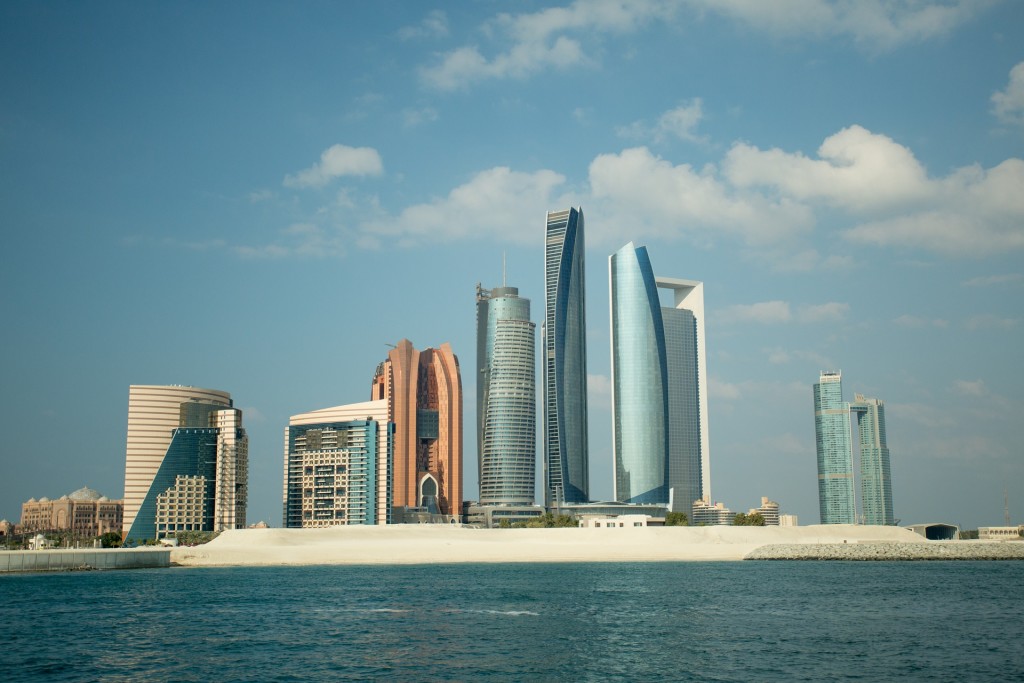The 7th EU Energy Day takes place on January 14 2019 in Abu Dhabi, as part of the EU side events programme at the World Future Energy Summit 2019.
The event will address the concept of sector coupling for accelerating the clean energy transition by discussing the current policy frameworks, the role of innovation and the importance of international cooperation activities.
Here you may read some excerpts by Concept note which addresses the importance of sectoral integration as the combination of energy consuming sectors (i. e. buildings – heating and cooling -, transport, and industry) with the power producing sector by means of smart infrastructure and renewable energy integration.
“Adopting an integrated approach makes the energy transition towards a low-carbon economy faster and more cost-effective. Renewable energy has already transformed the electricity sector and will continue to do so. However, emissions in the transport, domestic and industrial sectors remain stubbornly high. Finding ways to use green electricity in these sectors is important and could ease the integration of ever larger amounts of variable renewable electricity. Smart infrastructures, power to heat, power to gas and power to mobility (power-to-x) are all elements of sector coupling making the energy system more efficient.”
Three key actions represent the core of this process:
- large scale electrification of the most carbon intensive energy uses to decarbonise final energy consumption in specific high-consuming sectors;
- smart electricity and smart thermal grids at both local and European level to enable flexibility and a more cost-effective use and form of renewable energy;
- digitalisation to enable a better match between supply and demand, thus enhancing the integration of variable and local renewables.
The need for a more integrated approach towards the clean energy transition across different sectors is a necessity to both European Union and GCC countries. The main questions are related to the “role that cheap renewable power can play in connecting the electricity sector with the transport and heating and cooling sectors, the role that other energy carriers – like hydrogen and power-to-gas – can play as key enablers for the decarbonising the industry and transport sector, and the role of digitalisation and smart infrastructures”.
Breakthrough technologies, renewable energy solutions for consumers/prosumers and cross-sectoral digitalisation of the energy system play a vital role within the decarbonisation of the economies.

The European Union has set achieving ambitious targets for the greenhouse gas emission reductions, renewables and energy efficiency for 2030 and 2050 in line with the Paris Agreement. Futhermore, it has annuounced the ambition to create a climate neutral economy by 2050. The GCC region too is taking bold steps to advance renewables. The U.A.E., hosting the WEFS Summit, has set an Energy Plan for 2050 to balance between production and consumption of energy as well as to diversify the energy mix. A 44% share of the energy equation targeted by the plan is represented by clean energy.
The EU Energy Day in Abu Dhabi will be occasion to address these issues, thanks to the knowledge and expertise of policy experts as well as experts from industry, academia and other stakeholders from the EU and the GCC. Therefore, the event will serve as a meeting place for innovators, companies and research institutions to share their experiences and visions about the current policy framework currently as well as potential recommendations to further improve it.
More info on the EU Energy Day here.


